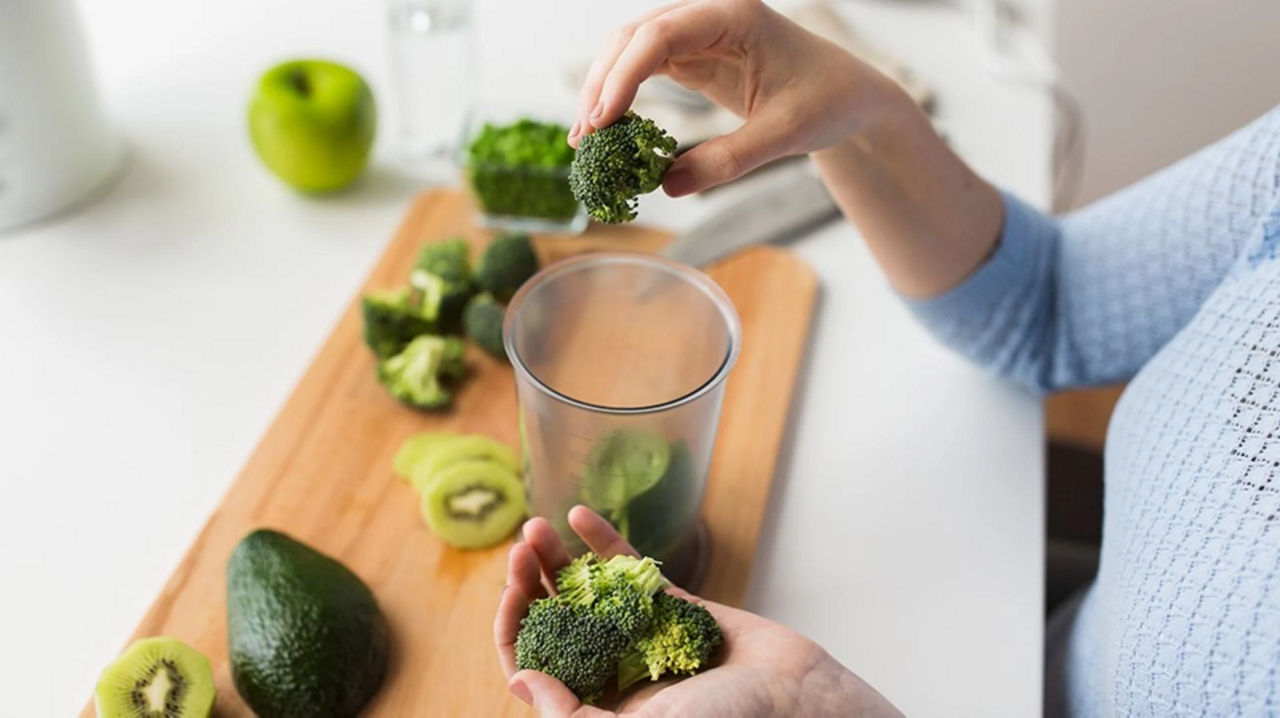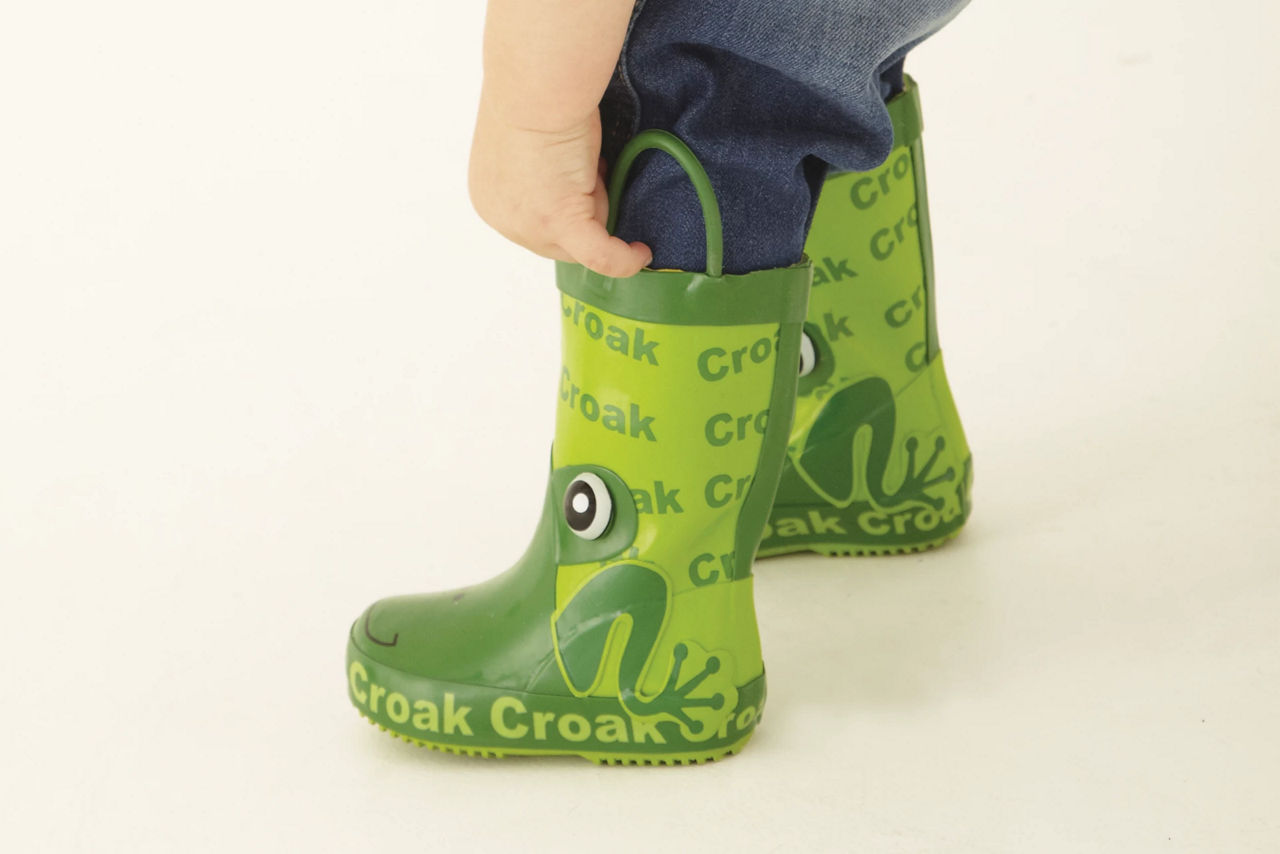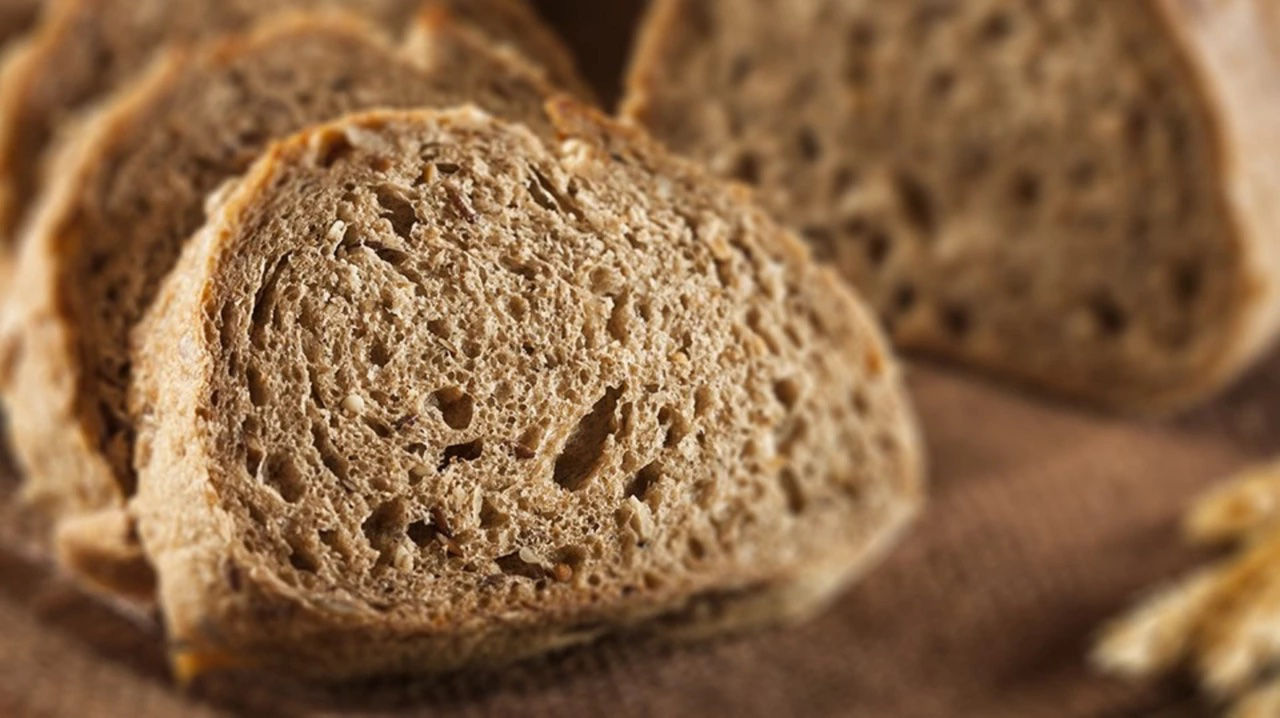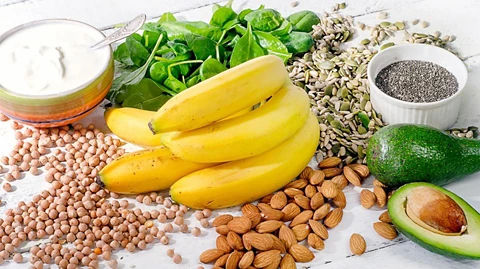Vitamins and minerals in a toddler’s diet

A to Zinc
What they need and why they need it
Vitamins and minerals play an important nutritional role, supporting everything from the healthy development of your toddler’s bones, teeth and eyes, to the creation of new cells. Learn more about some of the key nutrients that support your toddler’s development as they grow, learn and explore.
Vitamins and minerals for toddlers
While you might be aware that vitamin C helps aid iron absorption, did you know about its role in wound healing? Because it is an important factor in collagen production, vitamin C actually helps your toddler’s bumps and scrapes heal more quickly.
But it is not the only vitamin that is vital for your child's increasing nutritional and developmental needs. Toddlers’ rapid development means they have a heightened demand for certain nutrients, as explored below. However, it’s important to bear in mind that all nutrients play a role in some way or another. Offering a healthy, well-balanced diet is the best way to help them get the nourishment they need for this stage.
At this time of rapid development and increased energy, it is important to ensure your toddler gets the right nutrients.
 Because our weather is unreliable, it is unlikely that your toddler will get their recommended amount each day from the sun alone
Because our weather is unreliable, it is unlikely that your toddler will get their recommended amount each day from the sun alone
Vitamin D for your toddler’s bones and teeth
This hard-to-get vitamin is essential for normal bone development in babies, children and adults. Known as the sunshine vitamin, most of our supply comes from skin exposure to summer sunlight. However, in the UK, this is only possible between April and October when the sun’s UVB rays can reach our skin1.
Toddlers should have a vitamin D supplement of 7–8.5 micrograms (0.007–0.0085mg) a day.
And because our weather is unreliable, it is unlikely that your toddler will get their recommended amount each day from the sun alone. For this reason, the Department of Health advises a daily vitamin D supplement of 7–8.5 micrograms (0.007–0.0085mg) for children from six months to five years old2. In addition, encourage regular consumption of vitamin D rich foods.
Foods containing vitamin D
Only a few foods contain vitamin D. These include4:
- Oily fish – such as herring, salmon, sardines and mackerel
- Eggs
- Fortified margarine – most types are fortified
- Fortified breakfast cereal – check the labels to find those with added vitamin D
- Fortified infant/growing up milks
Try including them in your toddler’s diet every day to enhance their vitamin D levels.
Zinc for growth
Zinc aids healing and plays a role in the creation of new cells. It is an important nutrient for your toddler’s development, both now and as they continue to grow. Available in many foods, your toddler is probably getting all the zinc they need from their normal diet. Good sources include4:
- Meat
- Milk
- Cheese
- Bread
- Cereals
Vitamin C for healing
The skin-healing properties of vitamin C are vital right now to help any bumps and scrapes your toddler has to repair. It also helps their body absorb iron and encourages the development of white blood cells, which help to fight infection. A variety of foods contain vitamin C, so it shouldn’t be too difficult to include some in their diet. You could try the following4:
- Peppers
- Broccoli
- Brussels sprouts
- Sweet potatoes
- Oranges, strawberries, kiwi fruit
- Tomatoes
Vitamin A for your child’s vision
Vitamin A is important for your toddler’s visual development and helps them to see in dim light. It also supports their immune system and helps maintain healthy skin3. Some good sources of vitamin A include4:
- Cheese
- Eggs
- Fortified low-fat spreads
- Yoghurt
Dark green and orange vegetables and fruit contain beta-carotene, a substance that the body can convert into vitamin A, so include plenty of these in your toddler’s diet. Good sources of beta-carotene include carrots, sweet potatoes, swede, mango, spinach, dark green cabbage and kale.
Next steps
To help ensure your toddler gets their daily vitamin dose, consider:
- Buying vitamin D supplement drops
- Getting out in the sun with your toddler (remembering to avoid burning)
Add these vitamin-rich foods to your shopping list:
- Oily fish – salmon, sardines or mackerel
- Broccoli
- Sweet potatoes or carrots
- Strawberries or kiwi fruit
- Fortified milk, margarine or breakfast cereal
Related articles

Need some help?
You can get quick answers to common questions in our FAQs.
Alternatively, if you need help with general pregnancy or baby advice, or maybe on using or ordering our products - our expert team are always on hand to talk about feeding your baby.
1. Vitamin D mission. Tips and advice [Online]. Available at: www.vitamindmission.co.uk/safe-sun [Accessed May 2014]
2. NHS UK. Vitamins and minerals – vitamin D [Online]. 2012. Available at: www.nhs.uk/Conditions/vitamins-minerals/Pages/Vitamin-D.aspx [Accessed May 2014]
3. NHS UK. Vitamins for children [Online]. 2013. Available at: www.nhs.uk/Conditions/pregnancy-and-baby/pages/vitamins-for-children.aspx [Accessed May 2014]
4. NHS UK. Vitamins and Minerals [Online]. 2012. Available at: www.nhs.uk/conditions/vitamins-minerals/pages/vitamins-minerals.aspx [Accessed July 2014]
Last reviewed: 4th August 2014




